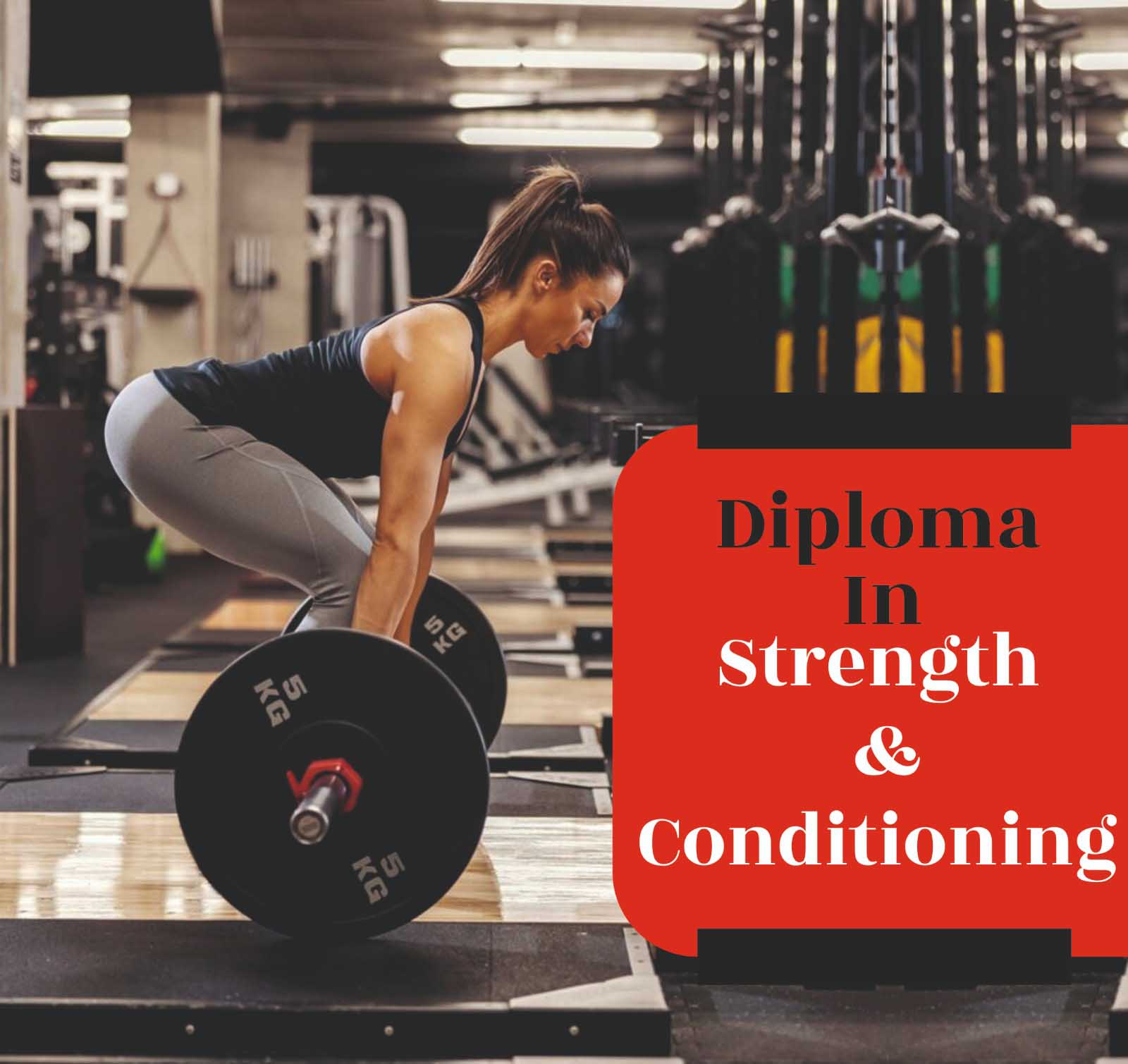| Type | Duration | ECTS |
|---|---|---|
| Regular | 6 Months | 28 |
| Certificate | 3 months | NA |

Who is this program for ?
This program is suitable for individuals who want to become sports nutritionists, registered dietitians specializing in sports nutrition, or fitness professionals with a focus on performance nutrition.
A Diploma in Strength & Conditioning program aims to equip students with the knowledge, skills, and abilities necessary to excel in the field of strength and conditioning. Here are some of the key program outcomes:
By achieving these program outcomes, graduates of a Diploma in Strength & Conditioning will be well-prepared to pursue successful careers in the fitness industry and make a positive impact on the lives of others.
A quick summary of the placement support received by Diploma in Strength & Conditioning program’s alumni
This module provides a solid foundation in the principles and techniques of strength training. Students will learn about the fundamentals of muscle contraction, the different types of muscle fibers, and the benefits of strength training for overall health and performance.
Key topics covered in this module include:
This module focuses on developing training programs for specific athletic goals, including resistance, endurance, and speed. Students will learn about the different training methods and periodization techniques used to optimize performance in these areas.
Key topics covered in this module include:
This module explores the importance of fitness evaluation and the process of returning to play after an injury. Students will learn about various assessment tools and protocols used to evaluate athletic performance and monitor rehabilitation progress.
Key topics covered in this module include:
This module delves into the art and science of program design. Students will learn how to create effective training programs that are tailored to individual needs and goals.
Key topics covered in this module include:
This module focuses on the unique strength and conditioning needs of different sports. Students will learn about the specific demands of various sports and how to design training programs to optimize performance in those areas.
Key topics covered in this module include:
Technology Integration for Strength Conditioning
This module explores the role of technology in modern strength and conditioning. Students will learn about various technological tools and how they can be used to enhance training programs and track progress.
Key topics covered in this module include:
